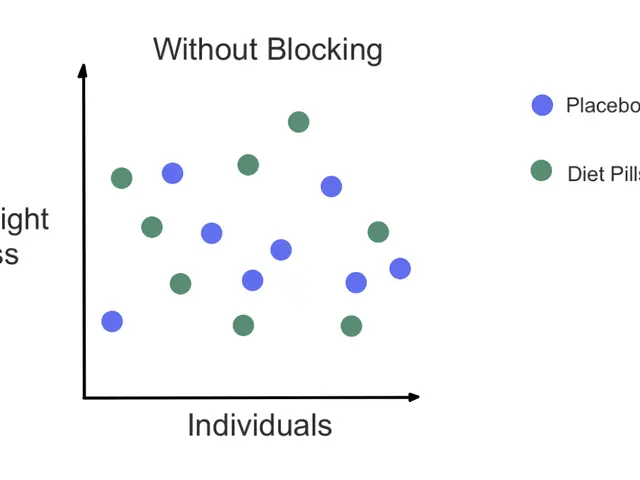Soaring food costs are putting pressure on UK family finances
The UK economy is currently navigating a challenging landscape, with inflation and cost of living concerns dominating the headlines.
Kris Hamer, director of insight at the British Retail Consortium (BRC), has stated that many families will be struggling with the cost of living. Chancellor Rachel Reeves acknowledged this struggle, acknowledging that families are finding it tough and the economy feels stuck. Ahead of her autumn budget, due to be delivered on 26th November, Chancellor Reeves pledged to bring costs down and provide support.
Inflation remains a significant concern, with headline inflation remaining unchanged at 3.8% from July. Analysts believe the Bank of England (BoE) will hold rates at 4% as inflation remains above their 2% target. Economists attribute the surge in food prices to recent domestic policy decisions, including increasing the national minimum wage and employers' National Insurance contributions. Products such as beef, butter, milk, and chocolate experienced a particularly steep increase.
The cost of food and non-alcoholic drinks rose by 5.1% over the year to August 2025. This trend, coupled with the overall inflation rate, means that mortgage pressures are expected to persist. For homeowners and buyers, the hope of lower borrowing costs remains, but relief from persistently elevated fixed mortgage rates is not imminent.
Inflation is unlikely to return to the 2% target this year, which means that any predicted Bank of England cuts may act as a spark, but only the most agile investors may find opportunities in a cooling market. If the predicted cuts arrive, they could provide some relief for borrowers, but for now, the focus remains on managing costs.
In related news, over £1.1 billion has been announced for UK coastal towns and cities. The British government made the commitment to cover the costs for awarding this funding to British coastal towns and cities. This investment is aimed at boosting local economies and improving infrastructure.
Markets are closely watching the situation, with resilient sectors like co-living, build-to-rent, and storage attracting capital due to tight supply and strong demand. However, Daniel Austin, CEO and co-founder of ASK Partners, warns against a premature rate cut, stating it would be a leap of faith. He suggests that policymakers are caught between volatile global conditions and shifting domestic policy.
The Office for National Statistics (ONS) published new research on the 17th of September, revealing that energy prices are due to increase by 2% from the beginning of next month. This further adds to the cost of living concerns for many families.
As we approach the autumn budget, the focus remains on how the Chancellor will address these challenges and provide support for families and businesses. The Bank of England is also due to convene on Thursday to decide whether to cut interest rates, but analysts predict that any cuts may not come until there's clarity on the Chancellor's fiscal plans.
In conclusion, the UK economy is facing a challenging period, with inflation and cost of living concerns at the forefront. The focus for policymakers and investors alike is on managing costs and finding ways to support families and businesses during this challenging time.
Read also:
- A Business Model Explained: Its Purpose and Benefits for Your Venture
- Trump administration faces lawsuit by Denmark's Ørsted over halted wind farm project
- U.S. takes a pledge of $75 million to foster Ukrainian resources development
- Deep-rooted reinforcement of Walkerhughes' acquisitions through strategic appointment of Alison Heitzman




